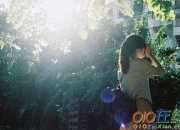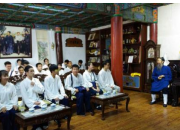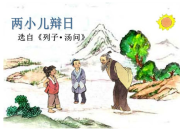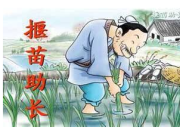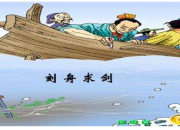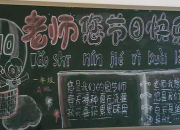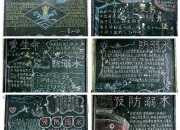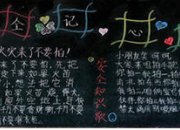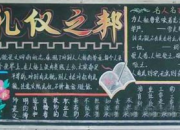歌颂父亲节的英语作文
时间:2021-08-31In the doorway of my home, I looked closely at the face of my 23-year-old son, Daniel, his backpack by his side. We were saying good-bye. In a few hours he would be flying to France. He would be staying there for at least a year to learn another language and experience life in a different country.
It was a transitional time in Daniel‘s life, a passage, a step from college into the adult world. I wanted to leave him with words that would have some meaning, some significance beyond the moment.
But nothing came from my lips. No sound broke the stillness of my beachside home on Long Island. Outside, I could hear the shrill cries of sea gulls as they circled the ever-changing surf. Inside, I stood frozen and quiet, looking into the searching eyes of my son.
What made it more difficult was that I knew this was not the first time I had let such a moment pass. When Daniel was five, I took him to the school-bus stop on his first day of kindergarten. I felt the tension in his hand holding mine as the bus turned the corner. I saw color flush his cheeks as the bus pulled up. His questioning eyes looked up at mine.
What is it going to be like, Dad? Can I do it? Will I be okay? And then he walked up the steps of the bus and disappeared inside. And the bus drove away. And I had said nothing.
A decade or so later, a similar scene played itself out. With his mother, I drove him to the College of William and Mary in Virginia. His first night, he went out with his new schoolmates. When he met us the next morning, he was sick. He was coming down with mononucleosis, but we could not know that then. We thought he had a hangover.
In his room, Dan lay stretched out on his bed as I started to leave for the trip home. I tried to think of something to say to give him some courage and confidence as he started this new phase of life.
Again, words failed me. I mumbled something like, Hope you feel better, Dan. And I left.

